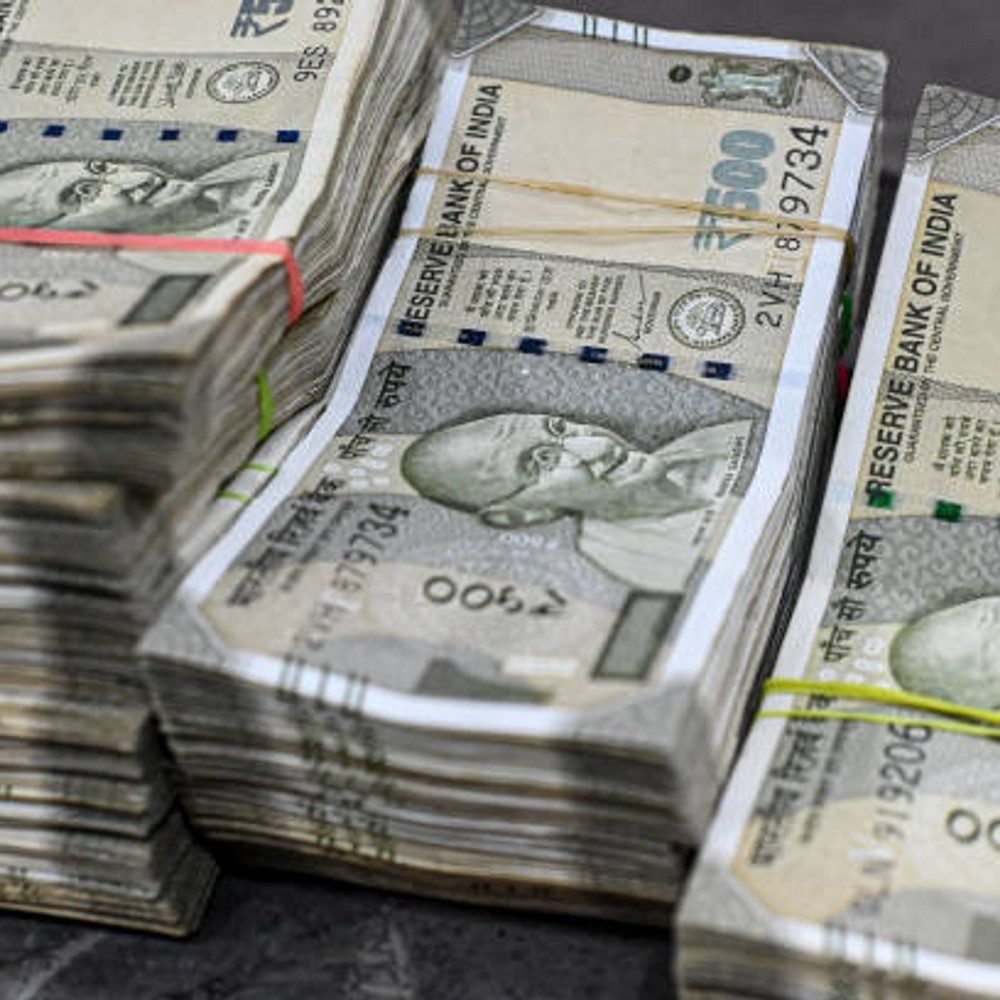The Finance Bill 2025 introduced a major change to tax penalty rules by removing the Section 271AAB of the Income-tax Act, 1961, for all tax searches initiated after August 31, 2024. This shift means that individuals subjected to tax searches can no longer be compelled to identify where the money is kept or whether it is accounted for. Instead, tax authorities must now prove their case before a court or tribunal to establish that the money is undisclosed and taxable. "Earlier, when tax authorities conducted a search under Section 132 and discovered unaccounted money, the person was automatically subject to heavy penalties under Section 271AAB. This provision effectively compelled individuals to admit and disclose the source and location of such income,” says Tushar Kumar, advocate, Supreme Court of India. How does the removal of Section 271AAB affect tax proceedings? This prevents authorities from using the search-and-seizure process as a tool for immediate penal action and ensures that any liability is determined through due process. With this amendment, Kumar says, “Searches conducted after the cut-off date will no longer attract these automatic penalties, and authorities will have to rely on other legal provisions to establish tax liability. The change aims to ensure that accused individuals are not forced into self-incrimination and that penalties are imposed only after proper legal proceedings.” What is Section 271AAB? Section 271AAB provides for penalties on undisclosed income detected during a search under section 132 conducted after December 15, 2016. “This section was applicable in cases where the assessment was made under Section 153A/153C. The section has been abolished since the Finance Act, 2024 reinstates Block Assessment (Section 158BC) for searches conducted on or after September 1, 2024. “Since penalty provisions under Section 158BFA (2) already apply in Block Assessments, the legislature removes the applicability of Section 271AAB to avoid duplicate penalties,” says Nikhil Kabra, Partner, Ved Jain and Associates. Removal of Section 271AAB does not fully eliminate tax demands While the amendment removes Section 271AAB’s penalty framework, it does not eliminate the possibility of tax demands under other provisions of the Income-tax Act, says Kumar. However, the burden of proof, he adds, will now shift more towards tax authorities, making it harder for them to impose penalties without substantial evidence. Before this amendment, says Jain, there was ambiguity about whether Section 271AAB and Section 158BFA (2) penalties would apply to searches conducted post-September 2024. Now, post amendment, Jain says, undisclosed income determined in block assessments will be taxable at a flat rate of 60% under Section 113, which is significantly higher than normal tax slabs. Additionally, Section 158BFA (2) imposes a 50% penalty on the tax payable. What is block assessment? The block assessment scheme evaluates hidden income discovered through searches (Section 132) or requisitions (Section 132A). Originally implemented in 1995, this scheme assessed income over a decade, though the period was later shortened to six years. Concealing income results in substantial financial penalties Together, these provisions (Sections 132 and 132A) ensure that search-related undisclosed income faces severe financial consequences, eliminating the need for an additional penalty under Section 271AAB, he adds. In conclusion, the amendment in the 2025 Finance Bill removes any confusion by clearly stating that Section 271AAB will not apply to searches initiated after September 9, 2024. Here’s how it works CA Nainit Savla, ND Savla and Associates Law Tax, explains: “Consider a scenario where a search operation under Section 132 is conducted on Mr. Ramesh, resulting in the discovery and seizure of ₹16 lakh in cash. “For searches before Sep 1, 2024, he would have been compelled to immediately declare this as undisclosed income. This immediate admission was necessary to reduce the penalty to 30% “For searches on or after September 1, 2024, Mr. Ramesh is not under immediate pressure to admit to undisclosed income. “He has the opportunity to evaluate his position carefully, consult with legal advisors, and seek guidance from tax consultants.”Original Article
Tax officials can no longer force money disclosure during searches:Finance Bill 2025 axes section 271AAB – here’s what law experts say








